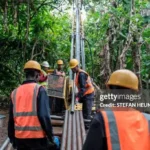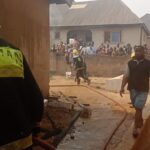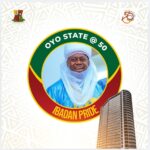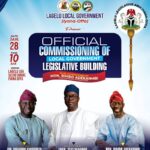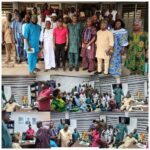
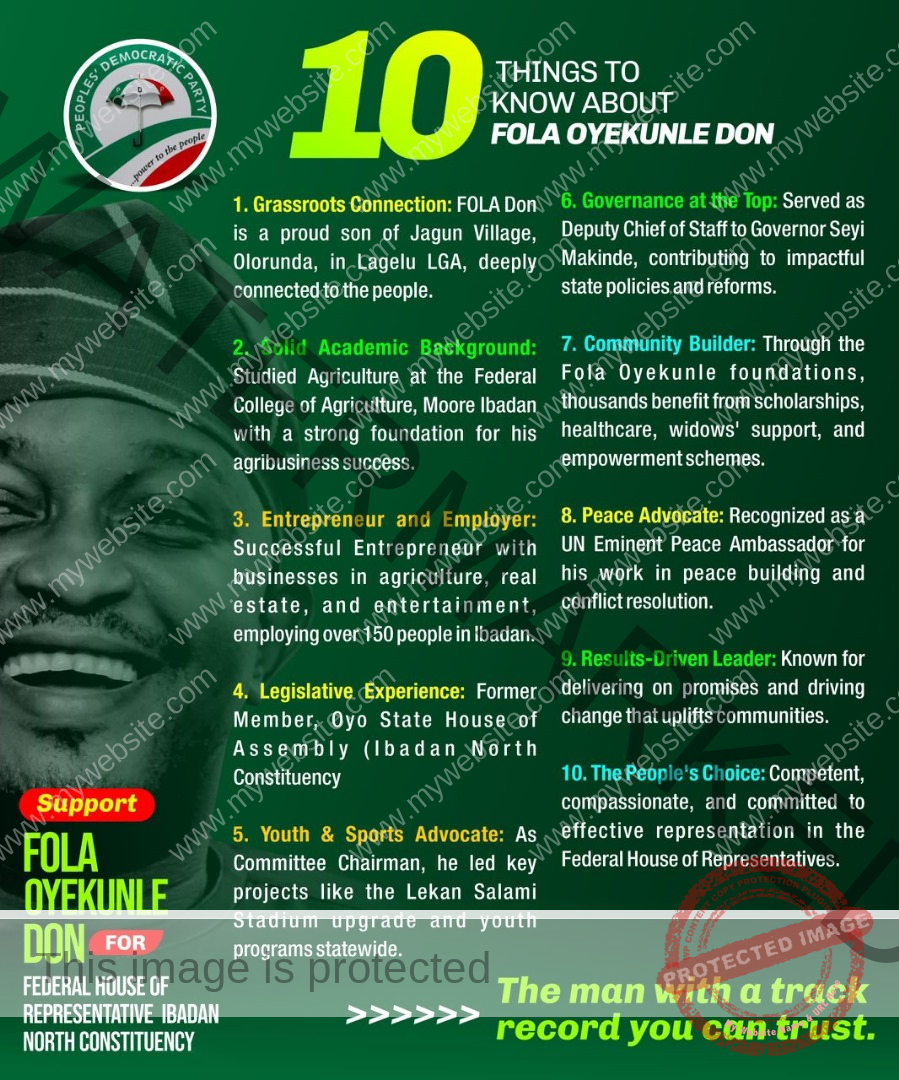
This page was somewhat prophetic last week when we discussed the topic, ‘Nigeria’s opposition, letting democracy down’. With the benefit of hindsight and in view of the massive blows that landed on the cheeks of the Peoples Democratic Party (PDP), the Labour Party (LP) and the New Nigeria Peoples Party (NNPP) in the middle of last week, I am pressed to take a fresh position. Rather than heap all the blame of poor democratic culture on the opposition figures, I can now see that the political party system that we operate should take the lion share.
As you are aware, the PDP experienced one of its heaviest hemorrhages of the Fourth Republic last Wednesday, when the entire structure of the party in Delta State called it quits with the party, as they defected to the ruling party All Progressives Congress (APC). A sixth-term member of the House of Representatives, from Osun State, Hon. Wole Oke also announced his resignation from the PDP. Feelers from his camp indicate that he is on his way to the APC, while days before the Delta and Osun drama, the governor of Akwa-Ibom State, Pastor Ume Eno had openly announced his decision to back President Bola Ahmed Tinubu for the 2027 election, same way the embattled Rivers State Governor, Sim Fubara, had in a statement to the people of the state asked them to continue to support the administration of President Bola Tinubu.
As the week ended, the PDP was practically left with empty shells as it was certainly returning to the its state in 2014, when seven of its governors took up arms against their own government, formed what they called the new PDP, with four of them eventually teaming up with the legacy parties that formed the APC. Losing the long standing South-South stronghold is a big blow to the PDP. But the cloud gathering around the party this time appears thicker and probably more ominous than the 2014 situation. That is despite the assurances from the Acting National Chairman, Iliya Damagum and the President of the 8th Senate, Dr. Bukola Saraki. When we heard Dr. Saraki declare that there was no cause for alarm and that the leaders would rebuild the PDP, I got some mixed feelings because I know that it is beyond the optimism of the former Senate President. How many of his compatriots in the party are ready to build a formidable structure that can withstand the test of time?
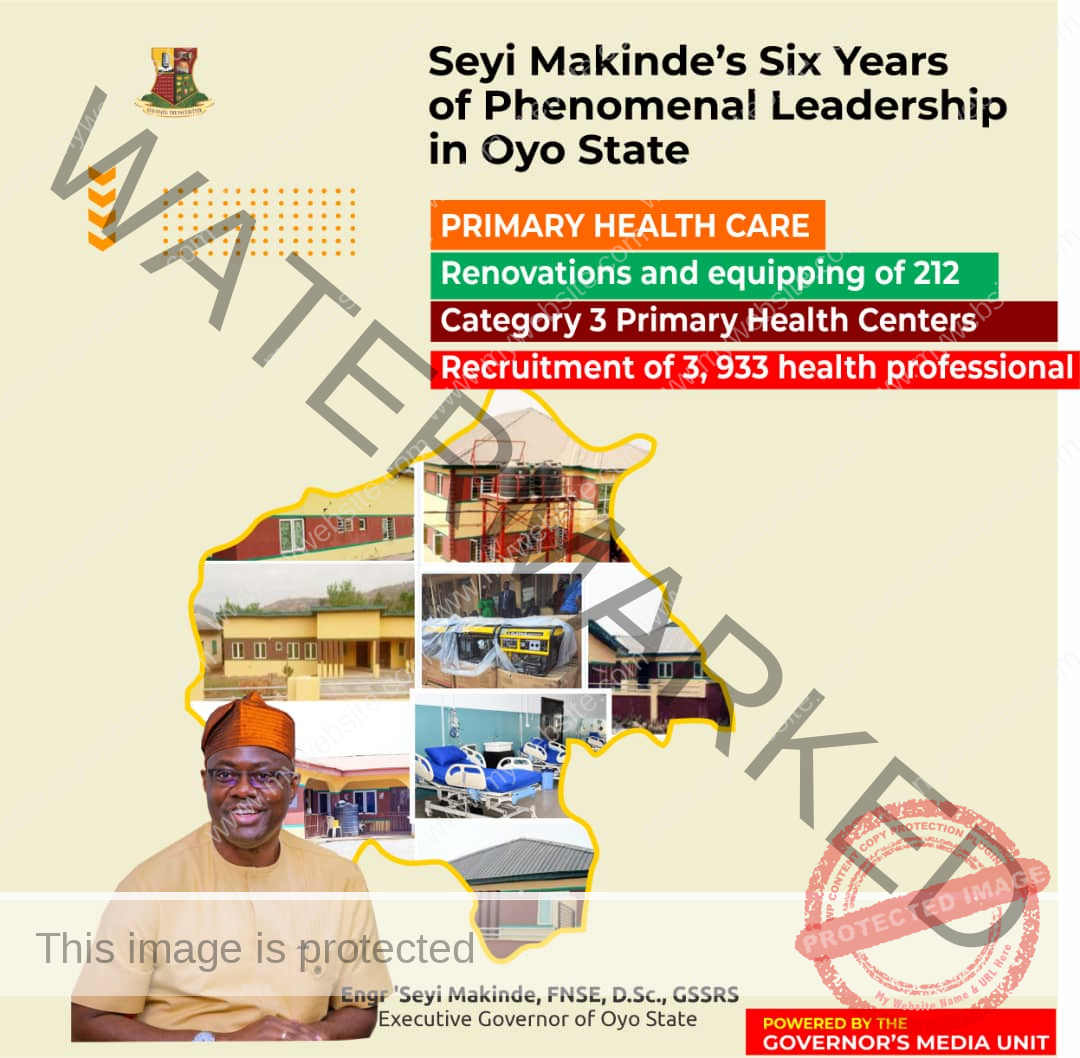
The danger for the PDP this time seems to be looming large. In 2014, the party was in Aso Rock, with President Goodluck Jonathan as the Commander-in-Chief. This time, the party has the APC to contend with. The new ruling party is unlike Jonathan, who would say that the enormity of presidential power was too much to be deployed on either the citizens, or the opposition.
Several reasons have been adduced to the fall of the PDP from power in Delta State, 26 years after and its imminent fall from some other South-South states. Some PDP leaders want to blame alleged coercion from the APC at the centre, while others have claimed that PDP’s structures were being “harassed”, others have alluded to the push by President Tinubu to solidify his hold on Southern Nigeria ahead of the 2027 battle against a perceived resolute North. Whichever side of the argument you want to belong, it is better to avoid the simplistic conclusion. If anyone would complain about harassment, you may wish to ask whether Tinubu himself did not face serious harassments from former President Olusegun Obasanjo between 2002 and 2007. How did he survive and why did he not buckle under the presidential jackboot? Why was his experience not turned into a case study by the current opposition? If Tinubu had thrown in the towel under the excuse of being “harassed”, will he become the leader of the APC and eventually the President of Nigeria in 2023? But the excuse of Southern solidarity looks plausible.
While the fullness of the reasons that informed the defection of Hon. Wole Oke and the Delta PDP caucus are yet to come into the open, what one can see in the whole scenario is a failure of party leadership. Former ranking Senator James Manager alluded to that when he spoke on the defection. According to Manager: “I have been with the PDP from the very beginning, so this is a very emotional moment for me. But when a ship is sinking, you don’t stay on board out of sentiment. We had extensive consultations and today marks the climax of those discussions. What we have now is a collective and unanimous decision to chart a new course.”
He added: “You have just been told about some of the things that have been happening in the PDP Delta State. Some consultations have been going on and the climax of these consultations is what you are seeing today. We have discussed and have disagreed to agree, and it is a unanimous agreement. I am the pioneer state chairman of the PDP. But you cannot be in a boat that is already capsising because I am a riverine man.
“Looking at issues the way they are, we have come to the inevitable conclusion to do something else. It is a collective decision for so many reasons. Few days ago, there was a resolution taken by the PDP Governors Forum at Ibadan. Almost all the governors were there, and they resolved that they are not going into a coalition with any other party.
“But as disadvantaged as the PDP is now with 11 governors, how do you go into a contest with an incumbent president? You think you can win? That resolution killed the spirit of so many PDP members. We lost election in 2015 because of a merger which even included splinter groups from the PDP. There are also other reasons. “Today Senator Anyanwu is the National Secretary of the party; tomorrow it is another person. The party must be positioned to go into an election to win. So, it is becoming very funny. The PDP is truly in trouble.” Without even going into the excuse of the change in taste of the PDP palm wine provided by Charles Aniagwu, Commissioner for Works in Delta State, what Senator Manager said is enough to know that the PDP is indeed in trouble. Whoever wants to blame Tinubu for the development in Delta needs only to read the lines by Manager. Lawyers would describe this PDP scenario as a prima facie case.
From inception, the PDP looked like an overfed spoiled brat, who got into position of authority with little or no effort. What usually evolves in such a situation is unmitigated misconduct and gross incapacity to hold the fringes together. Maybe President Olusegun Obasanjo tried to pull it in one direction and made it a behemoth between 1999 and 2007 when it controlled 27 state governors and a clear two-thirds majority in the Senate, especially between 2003 and 2007. After Obasanjo, the party continued to self-destruct, with internal squabbles, rather than opposition’s machinations its undoing. Between 2010 and 2011, some chieftains of the party were spewing fire over the perceived shortchanging of the North by the decision of President Goodluck Jonathan to contest the 2011 elections. To them, Jonathan should have only completed the remainder of the late President Umaru Yar’Adua’s tenure such that he would allow the North to do eight years in power in line with PDP’s zoning pattern which recognised a North/South arrangement. That agitation laid the foundation for the party’s disintegration, eventually leading to the 2014 defections and Jonathan’s ouster in 2015. Prior to that time, no opposition was strong enough to confront the PDP.
Apart from internal squabbles, the party also started planting the fruits it is harvesting right now since 2003, when it allowed incumbent governors enormous powers to control party structures and determine candidates for Senate and House of Representatives seats as well as members of the state Houses of Assembly and then their successors. With badly conducted elections across most of the states, the governors were able to retire themselves into the Senate and plant their lackeys in the Government Houses in the states. Most of the time, they supplanted party structures and sentiments to impose successors, thus weakening the party and rubbishing party supremacy. Within a short time, real time politicians or let me say politicians of the old school were replaced with businessmen in politics and then vote buying became the order of elections. Even in the South-West, where the people rejected PDP’s moneybags in the 1999 elections, to vote for Alliance for Democracy (AD) leaders as a sign of reverence to politicians who stood by the late MKO Abiola in the June 12 struggle, the tide has since changed with dibo k’o se obe (vote and get a pot of soup) becoming the new singsong on election days.
When a political followership is based on nothing other than power grab and that situation is further worsened by a complete absence of structured funding patterns, the party is doomed. The NPN, UPN and other parties of the Second Republic had funding patterns that aided the preservation of party structures. Senator Femi Okurounmu once told me he served as UPN’s administrative secretary in Gongola axis. He was a paid staff of the party. Where a party is at the mercy of governors or the president, its future can only remain at the mercy of the wind. Since 1999, the PDP has failed to find a sustainable funding system. The same for all the registered parties of this era. Where a state has no governor, the responsibility for picking the bills is rested on a magnanimous governor nearby. Party dues are hardly collected and where members pay, that confers no advantage on them. I once saw the example of a hardworking former commissioner who had spent all his time in office attracting dividends to his community and was asked to contest the House of Representatives seat of the constituency. Though everyone recognised he worked hard for the community, that, however, did not stop the people from collecting d’ibo k’o se obe money from a man they later dubbed Yahoo, Yahoo on election day. The sad aspect is that the so-called ‘Yahoo man’ completely abandoned the constituency after he was sworn in.
So, it is easy for those who are desperate for power to conveniently hang in there or pump in money at the last minute, grab power and run with it. Rather than blame Tinubu’s politics for the myriads of defections, we may have to look at the severity of other issues. If nobody would stick out his neck to build political parties the way our Second Republic leaders did, we can as well conclude that this Republic has not seen the last of jeun soke politics.
You can get every of our news as soon as they drop on WhatsApp ...To get all news updates, Join our WhatsApp Group (Click Here)








